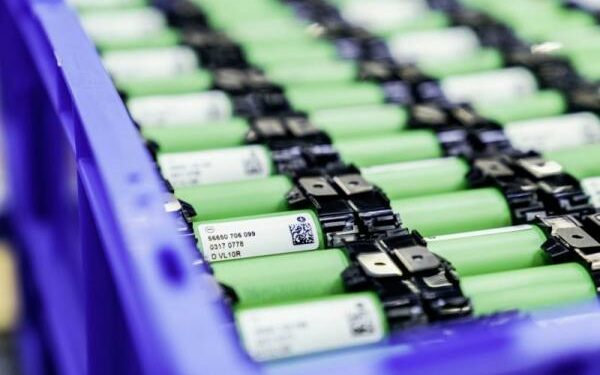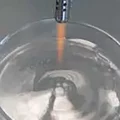UK-based TWI has launched a research programme to provide a comprehensive assessment of lithium-ion cell joining and recycling options for electric vehicle (EV) battery pack manufacture.
The first part of the organisation’s Core Research Programme (CRP) will focus on battery pack joining and joint performance using techniques suitable to connect cells and other features to bus bars.
The second will focus on developing capability around the design, testing, recycling and knowledge relevant to electrification.
The programme was launched because of concern that poorly formed joints could result in the loss of individual cells with the potential knock-on effect of either module loss, or “thermal events”.
A TWI statement read: “It is very timely to undertake a more specific research activity to benchmark and quantify the different joining technologies and, in the process, develop comparable data sets. Another significant future industrial need will be the ability to ensure the recyclability/reusability of battery packs so that the separate components and waste streams can be separated.”
The key objectives of the programme are:
· Benchmark different technologies suitable for cell to bus bar
· Undertake characterisation and mechanical testing of joints manufactured by different techniques – primarily tensile strength and fatigue performance
· Develop a capability for electrical testing of cell packs
· Develop suitable approaches for pack disassembly and recycling/reuse
Its key deliverables will include: assessment of NDT approaches applied to battery pack manufacturing and the design guidance for dis-assembly and reuse/second use of battery cells/packs.
TWI’s Core Research Programme is a three-year rolling programme, with projects lasting between one and three years.












